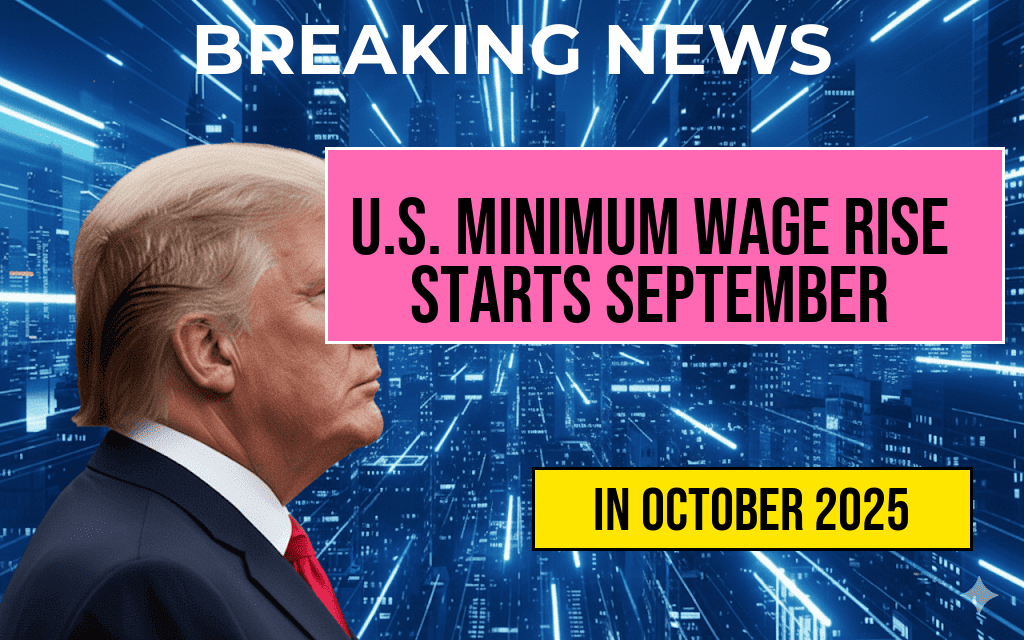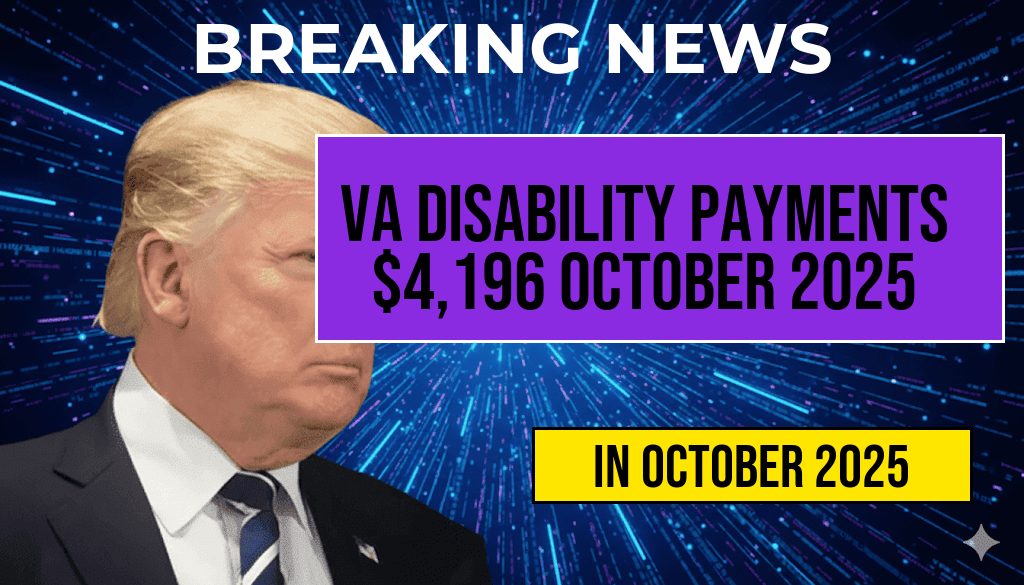The looming government shutdown threatens to create a stark divide among Social Security recipients, with existing beneficiaries set to continue receiving payments uninterrupted, while new applicants face significant delays or complete inaccessibility. This division stems from the federal government’s inability to pass funding legislation, which directly impacts administrative operations at the Social Security Administration (SSA). As lawmakers grapple with fiscal disagreements, millions of Americans planning to apply for benefits or awaiting processing may find themselves caught in the crossfire, leading to a two-tiered system that could last for weeks or even months. This development raises concerns about the financial stability of new applicants, particularly vulnerable populations who rely heavily on timely benefits to meet essential needs.
Impact of a Government Shutdown on Social Security Operations
Existing Beneficiaries Remain Protected
Current Social Security recipients are likely to see minimal disruptions during a government shutdown. The SSA has historically maintained benefit payments to those already enrolled, as these are considered mandatory expenditures. According to the SSA, automatic payments are funded through prior appropriations and do not require ongoing congressional approval. Therefore, existing beneficiaries can generally expect their direct deposits or checks to arrive as scheduled, even amid funding lapses. However, some administrative services—such as in-person visits, new benefit applications, or benefit adjustments—may experience delays or reduced capacity.
New Applicants Face Complete Delays
Individuals seeking to apply for Social Security benefits for the first time or requesting updates to their existing claims could encounter significant hurdles. During a government shutdown, the SSA’s staffing levels often decrease due to furloughs, limiting their capacity to process applications and respond to inquiries. As a result, new benefit claims may be delayed indefinitely until funding is restored. This affects various categories, including retirees, disabled workers, survivors, and those applying for Supplemental Security Income (SSI). The delays can have severe financial consequences for individuals relying on timely benefits to cover essential expenses like housing, healthcare, and daily living costs.
Legal and Administrative Frameworks Underpinning the Shutdown
The federal government’s budget process determines whether agencies like the SSA can operate normally. When Congress fails to pass appropriations legislation, a shutdown ensues, prompting agencies to implement contingency plans. These plans typically prioritize mandatory spending programs, such as Social Security, which are funded through dedicated trust funds. Conversely, discretionary programs—such as processing new claims or providing in-person services—are often suspended or severely limited. This distinction creates a scenario where existing beneficiaries are protected, but new applicants face administrative paralysis. The situation underscores the fragile reliance on appropriations for the full spectrum of SSA services, despite the resilience of benefit payments to current recipients.
Potential Consequences for Vulnerable Populations
| Group | Expected Impact |
|---|---|
| Retirees receiving benefits | Payments continue without interruption |
| First-time applicants for retirement benefits | Processing delays, potential financial hardship |
| Disabled individuals applying for benefits | Delayed determinations, increased hardship |
| Survivors applying for benefits | Processing backlogs, extended wait times |
| SSI recipients | Potential payment delays, service disruptions |
Vulnerable populations, including disabled individuals and low-income seniors, are at increased risk during a shutdown. Without timely processing of new claims or updates, these groups may face prolonged periods without critical financial support. Advocacy groups warn that delays could exacerbate economic insecurity and health disparities among the most at-risk populations.
Historical Context and Policy Responses
Historically, Social Security benefits have been resilient during government shutdowns, with payments to current beneficiaries typically unaffected. However, administrative functions often suffer, leading to delays in processing new claims. Past shutdowns, such as those in 2013 and 2018, demonstrated that while payments continued, the ability to access in-person services or submit new applications was hampered. Policymakers have debated reforms aimed at streamlining SSA operations, but legislative gridlock persists, leaving the system vulnerable during funding lapses.
Public and Political Reactions
The prospect of a two-tiered system has sparked criticism from advocacy groups and some lawmakers, who argue that it unfairly penalizes those seeking to access benefits for the first time. Critics contend that delays undermine the social safety net and could lead to increased reliance on emergency services or charitable organizations. Meanwhile, proponents of austerity measures emphasize the importance of fiscal discipline, though many acknowledge the human costs of shutdown-induced delays.
Resources and Next Steps for Applicants
- Individuals expecting to apply for Social Security benefits should monitor the SSA website (https://www.ssa.gov) for updates on operational status.
- Contactless services, such as online applications and phone inquiries, are typically maintained during shutdowns, but wait times may increase.
- For urgent questions or assistance, applicants can reach the SSA’s national toll-free number or local field offices once they reopen.
The upcoming weeks will reveal how long the shutdown persists and its full impact on the social safety net. As the nation navigates fiscal disagreements, the divide between protected existing beneficiaries and delayed new applicants underscores the need for policy solutions that ensure continuity and fairness across all tiers of Social Security support.
Frequently Asked Questions
What is the impact of a government shutdown on current Social Security beneficiaries?
Existing Social Security beneficiaries will continue to receive their payments without interruption during a government shutdown, ensuring their benefits remain protected.
How will new applicants for Social Security benefits be affected by a government shutdown?
New Social Security applicants may experience complete delays in processing their claims, potentially facing significant wait times until government operations resume normal functioning.
Will there be any changes to Social Security payments for current recipients during a shutdown?
No, current beneficiaries will continue to receive their benefits as usual, as their payments are protected regardless of the shutdown.
What causes the delay in processing new Social Security applications during a government shutdown?
The delay is primarily due to the reduction in federal administrative staff and services, which are essential for processing new applications and conducting necessary verifications.
Is there any way for new Social Security applicants to expedite their claims during a shutdown?
During a government shutdown, options are limited; applicants should check the Social Security Administration website or contact their local office for updates and guidance on processing times.







